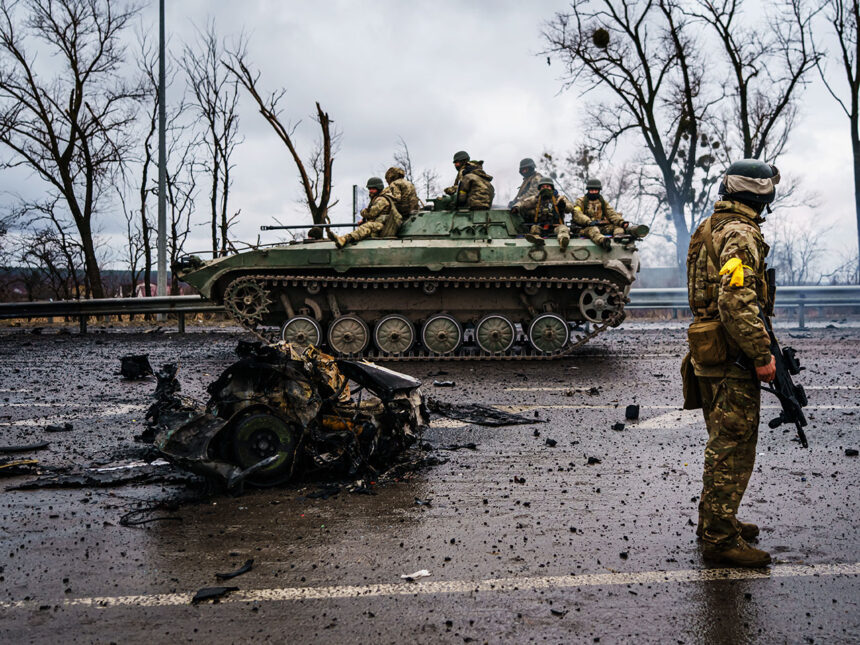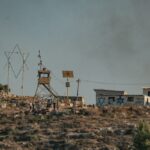The paper titled “Ukraine and the Problem of Restoring Maneuver in Contemporary War” discusses the challenges Ukraine faces in restoring military maneuverability during the ongoing conflict with Russia. It examines how modern warfare, characterized by advanced technologies, urban combat, and logistical challenges, has impacted traditional military maneuvers. The paper highlights the need for Ukraine to adapt its strategies to overcome these obstacles, focusing on innovation, decentralization of command, and leveraging international support. It emphasizes the importance of maneuver warfare in achieving military success and countering the static nature of the current conflict.
Ukraine’s Kursk Campaign, a crucial moment in the war that has the potential to change its course, highlights several critical aspects of the battlefield. Ukraine achieved operational surprise against significant odds by exploiting Russia’s unpreparedness in its border areas. This campaign demonstrated that surprise is still possible even in a partially transparent battlefield where the enemy can observe force concentrations but cannot always discern their intent.
The paper argues that surprise can also result from the exploitation of temporary advantages gained by deploying technological innovations at key moments, coordinated with ground operations. It suggests that Ukraine can take advantage of opportunities arising from its superior innovation cycle and the fact that Russian forces have been attacking along nearly the entire front line for months, rather than building extensive fortifications deep behind the lines. The paper concludes that Ukraine can regain operational maneuver by planning and conducting a series of smaller, successive counteroffensive operations instead of attempting a single decisive blow.
The war in Ukraine offers crucial lessons that the United States and its allies and partners should learn. This conflict has become the first major war to witness several technological advancements that will undoubtedly characterize future warfare:
* Air and missile defense systems used at scale against massive and repeated drone, cruise, and ballistic missile attacks;
* Mass use of reconnaissance and strike unmanned aerial systems (drones) and first-person view (FPV) loitering munitions by both sides;
* Rapid, dynamic evolution of electronic warfare measures and countermeasures, including GPS jamming at scale and counter-drone electronic warfare;
* Use of maritime drones to destroy major surface combatants in port and at sea;
* Use of drones and cruise missiles to destroy advanced layered air defense systems.
These technological advancements are just the most prominent features of the current conflict that are likely to be central to any future major war. There are many other examples of modern systems and techniques being used for the first time at scale against a peer adversary with similar capabilities.
Another key theme discussed in the paper is the importance of iteration and experimentation on the battlefield, as seen in Kursk. This approach contrasts with the dangers of remaining on the defensive and highlights the need for continuous adaptation in modern warfare.
By: Frederick W. Kagan and Kimberly Kagan with Mason Clark, Karolina Hird, Nataliya Bugayova, Kateryna Stepanenko, Riley Bailey, and George Barros
Source: Institute for the Study of War







